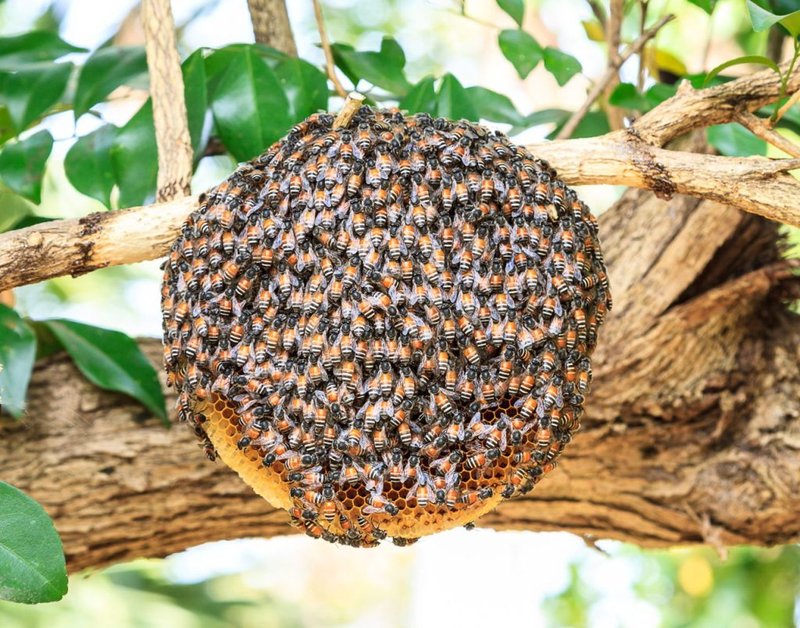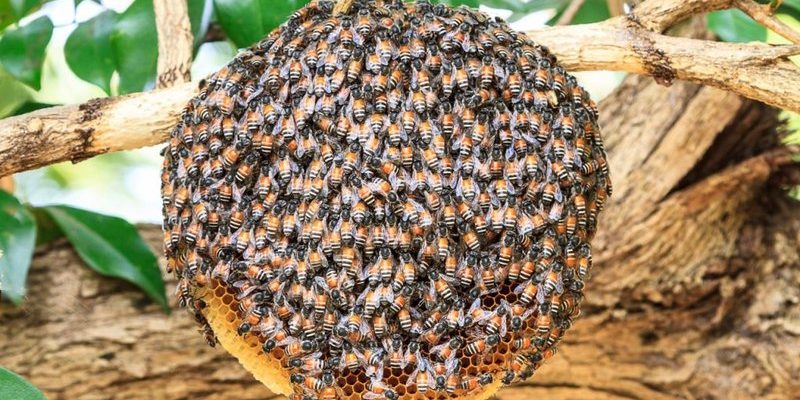
You might be wondering, “Why should I care about honey bees?” Well, let me explain. Honey bees aren’t just busy buzzing around for the fun of it; they’re essential for the pollination of many crops we eat every day. Without them, our plates would look very different! From apples to almonds, honey bees help these plants reproduce, which keeps our food supply healthy and diverse. So, let’s take a deeper look at what makes these little bees so crucial to our ecosystems.
Understanding Pollination
Pollination is the process by which pollen is transferred from one flower to another, leading to fertilization. It’s how plants reproduce, and without it, many of the foods we love wouldn’t exist. Honey bees are one of the most effective pollinators out there. Here’s how it works: while bees visit flowers to collect nectar, they inadvertently pick up pollen on their bodies. As they move from flower to flower, they spread this pollen, enabling plants to produce fruits and seeds.
This process is like a matchmaking service for plants! Think about it: without honey bees, certain plants wouldn’t be able to find partners, and their population would dwindle. In fact, studies show that around one-third of the food we eat relies on bee pollination. That includes not just fruits and vegetables, but also nuts and even coffee. So, every time you enjoy a delicious meal, you might want to thank the humble honey bee for making it possible.
The Environmental Benefits of Honey Bees
Honey bees don’t just help with food production; they also contribute to the overall health of ecosystems. By pollinating a wide variety of plants, they support biodiversity. Biodiversity means having a variety of living things in an ecosystem, which helps keep it balanced and resilient. When honey bees pollinate plants, they foster growth in many species, providing habitats and food for various wildlife.
You might be surprised to know that more than 85% of flowering plants depend on animal pollinators like honey bees. This means bees help maintain green spaces, which are crucial for clean air and water. Imagine walking through a vibrant meadow full of colorful wildflowers—honey bees are part of what keeps these ecosystems thriving.
Another benefit? Honey bees help improve soil health. By pollinating plants that grow deep roots, they contribute to soil stabilization and prevent erosion. Healthy soil is essential not only for plants but also for clean waterways, as it reduces runoff and protects water quality. So, those little buzzers have a big role in keeping our environment neat and tidy!
The Connection Between Honey Bees and Food Security
Food security is all about ensuring everyone has enough nutritious food to eat. The role of honey bees in achieving this is vital. When crops are pollinated effectively, they produce more fruits and seeds, which leads to greater yields. If honey bee populations decline, farmers may struggle to meet the demand for food.
Consider this: crops like cucumbers, blueberries, and cherries thrive thanks to honey bee pollination. Without these bees, we’d likely see decreased crop yields, leading to higher prices and fewer options at the grocery store. If you think about it, honey bees are a cheap insurance policy for our food supply—working tirelessly for our benefit without asking for much in return.
Here’s the thing: maintaining healthy honey bee populations is crucial for sustaining global food systems. If we lose these important pollinators, the ripple effect could harm not just local communities but also global markets, leading to a potential crisis. Protecting honey bees is, in many ways, protecting our future.
The Threats Honey Bees Face
Now that you understand how important honey bees are, you might be wondering what challenges they face. Unfortunately, honey bees are in trouble. Pesticides, habitat loss, climate change, and disease are just a few of the threats that are putting pressure on their populations.
Pesticides, particularly neonicotinoids, are designed to kill pests but can also harm bees. When bees come into contact with these chemicals, it can lead to disorientation, reduced foraging ability, and even death. As you can imagine, this has serious implications not just for the bees themselves but for the entire ecosystem they support.
Climate change is another big factor. Changing weather patterns can disrupt flowering times and the availability of food for bees. For example, if flowers bloom earlier due to warmer temperatures, bees may not be around to pollinate them. This disconnect can have cascading effects on plant reproduction and, consequently, our food systems.
How We Can Help Honey Bees
The good news is that there’s a lot we can do to help honey bees thrive. One of the simplest ways is to plant bee-friendly gardens. Choosing native plants, flowering herbs, and bright flowers will attract bees and provide them with the food they need.
Another effective method is to reduce or eliminate pesticide use in your garden. If you need to control pests, look for organic options that are less harmful to bees. You can also create habitats for bees by leaving some areas of your yard wild. Bee hotels—structures designed to provide nesting sites—are a fun DIY project that can make a real difference.
Lastly, supporting local beekeepers by purchasing honey and other bee-related products helps maintain healthy bee populations. You’re not just getting delicious honey; you’re also contributing to the preservation of an important ecosystem service.
Honey bees are more than just buzzing insects; they are crucial for our ecosystems, food security, and biodiversity. Their role in pollination affects everything from the food we eat to the health of the environment around us. By understanding the challenges they face and taking actionable steps to help, we can all play a part in supporting these little heroes.
So next time you see a honey bee, remember that it’s doing some serious work. Let’s do our best to ensure they have the future they deserve—because a world without honey bees is a world lacking in flavor, diversity, and abundance. Together, we can protect these tiny pollinators and, in turn, the health of our planet!

